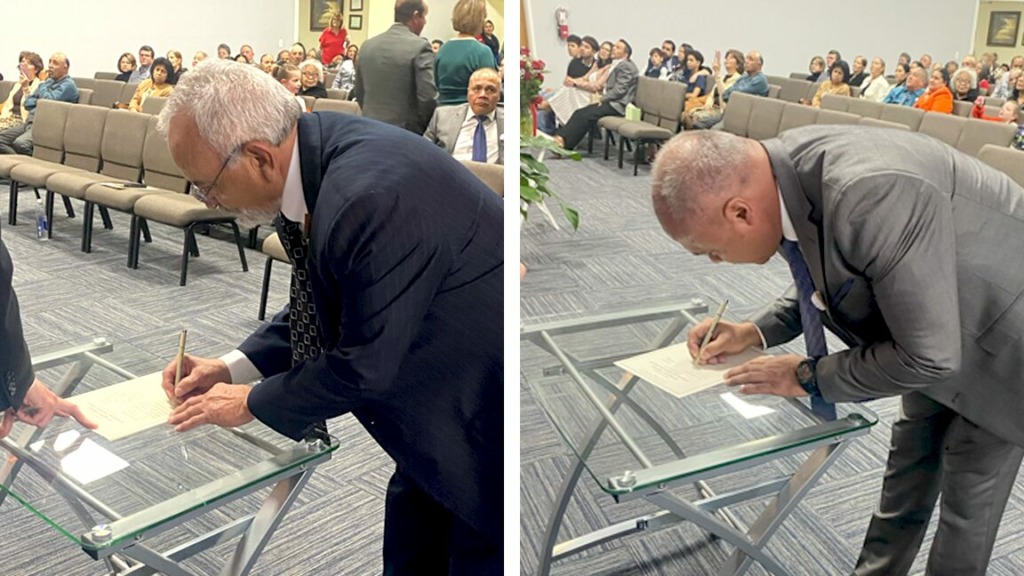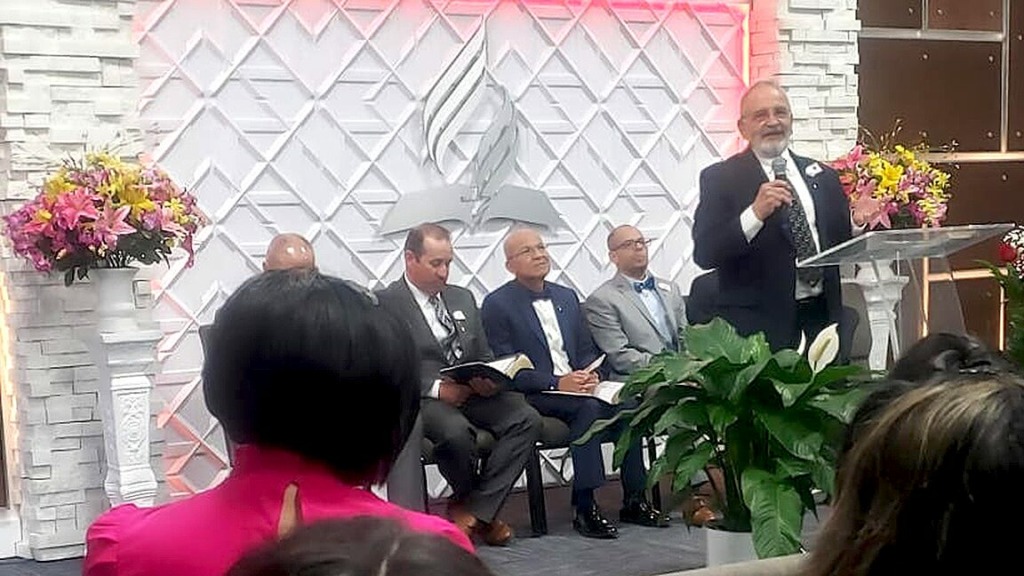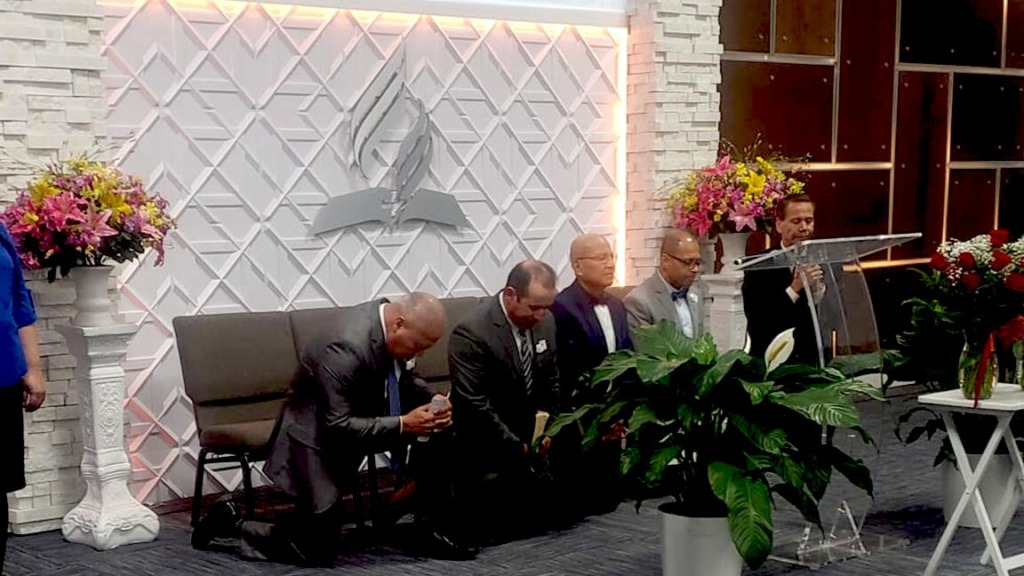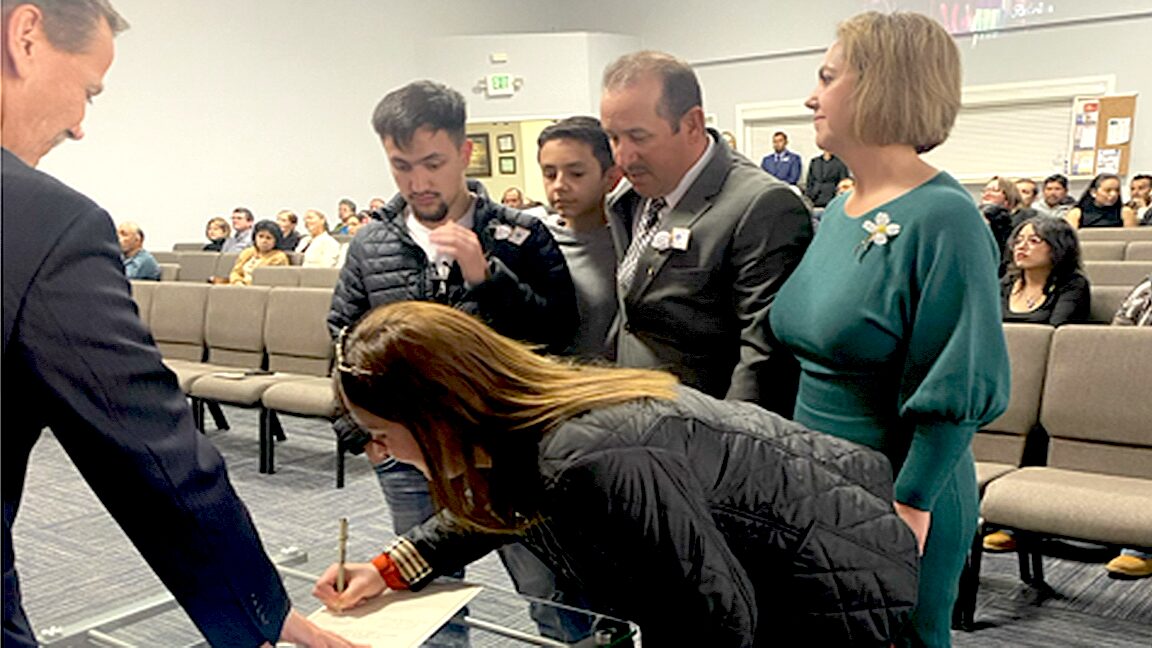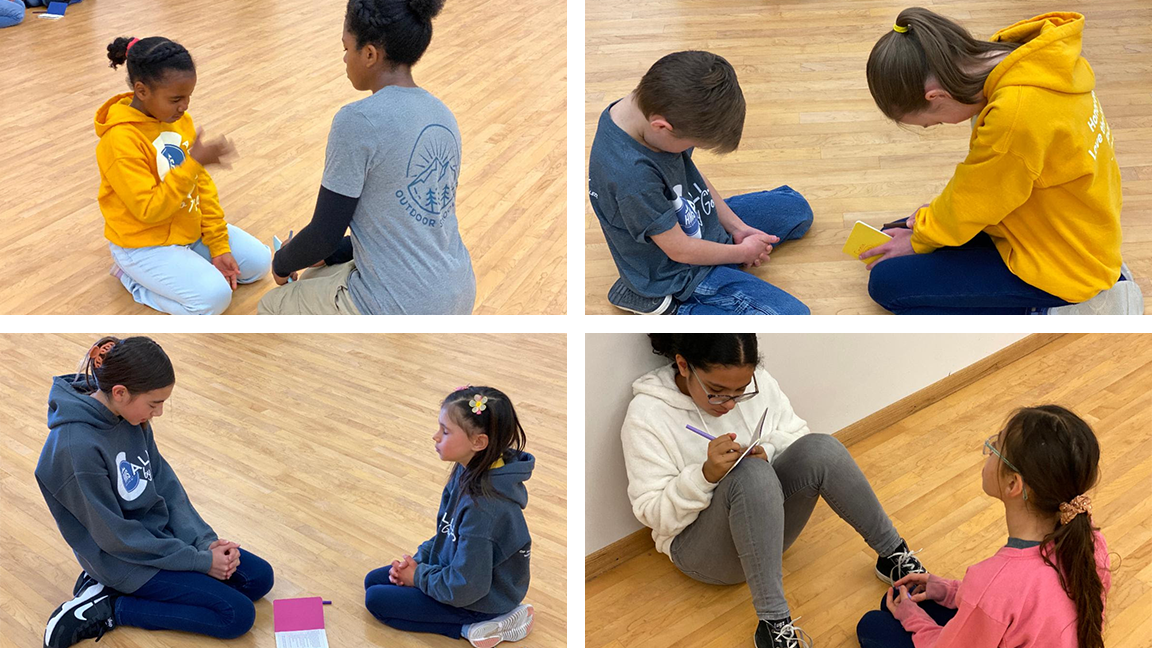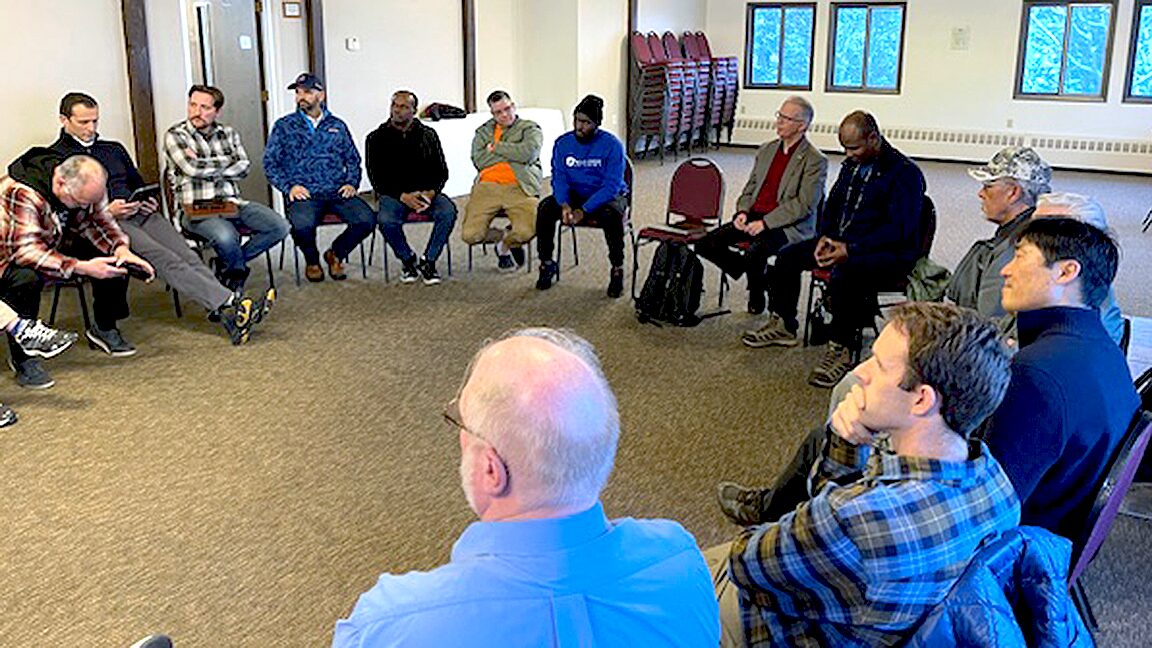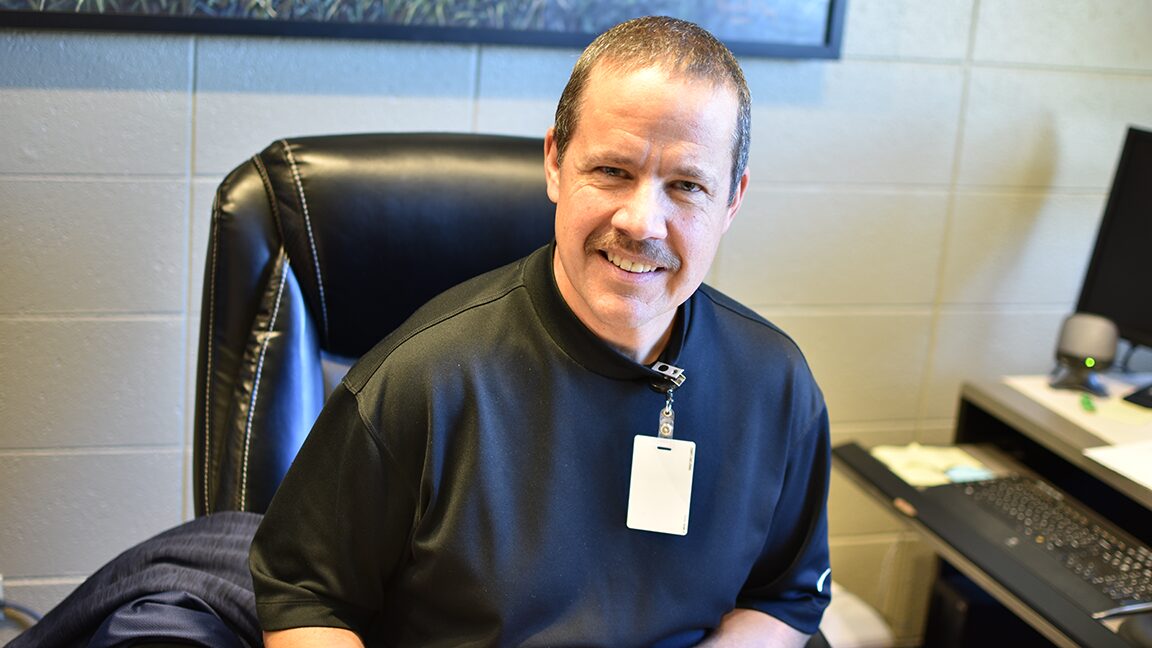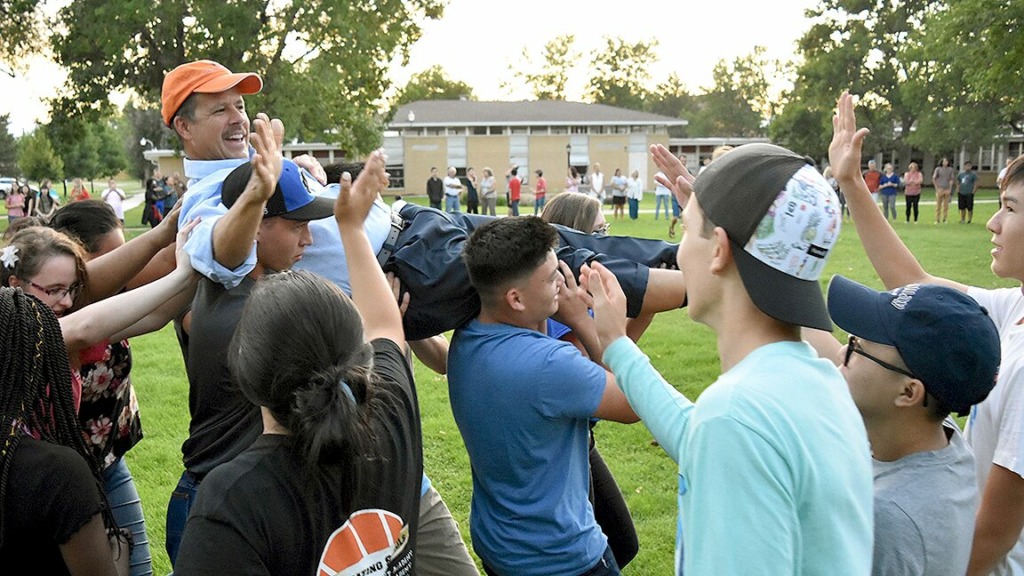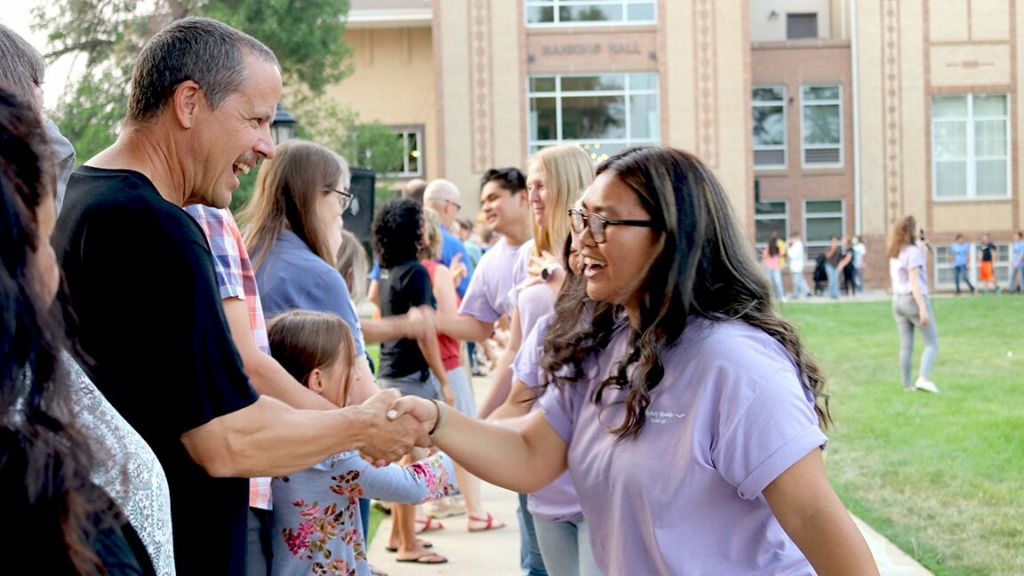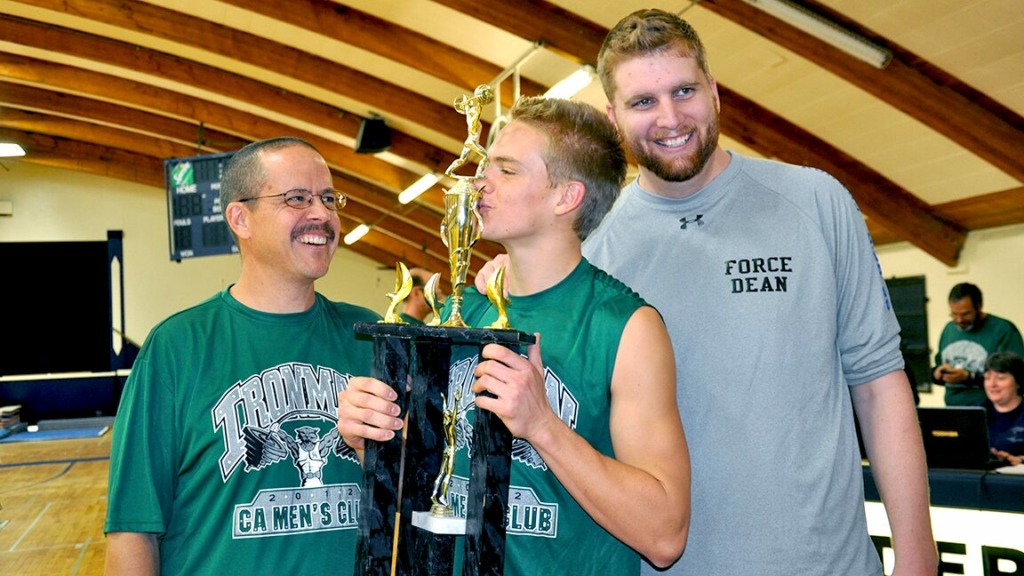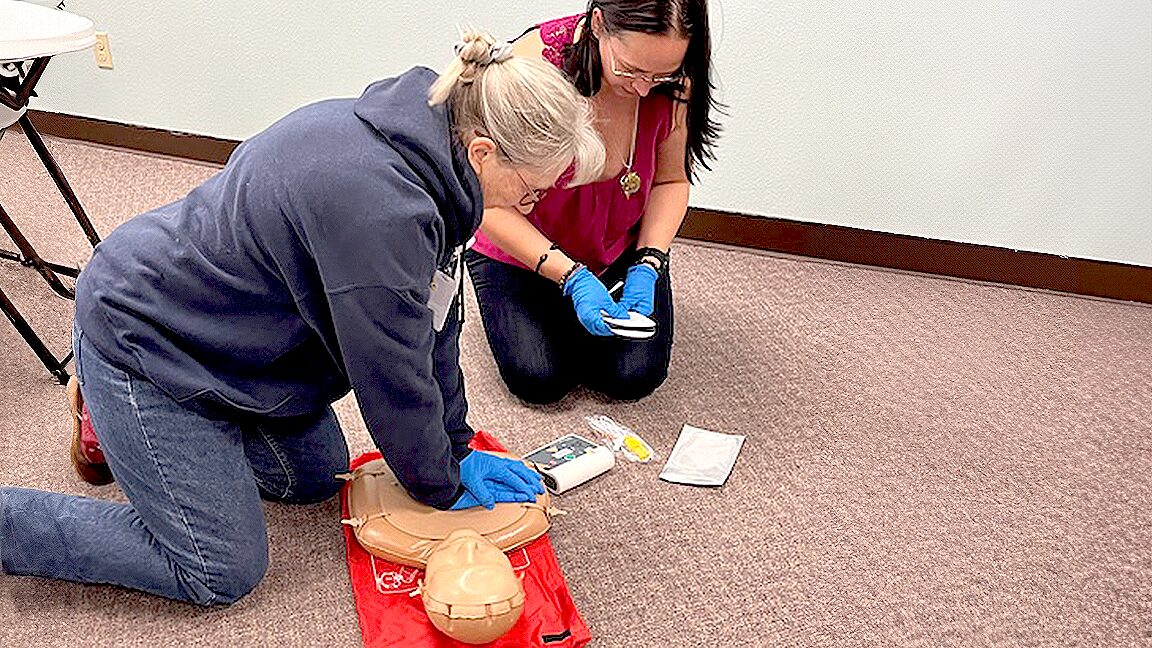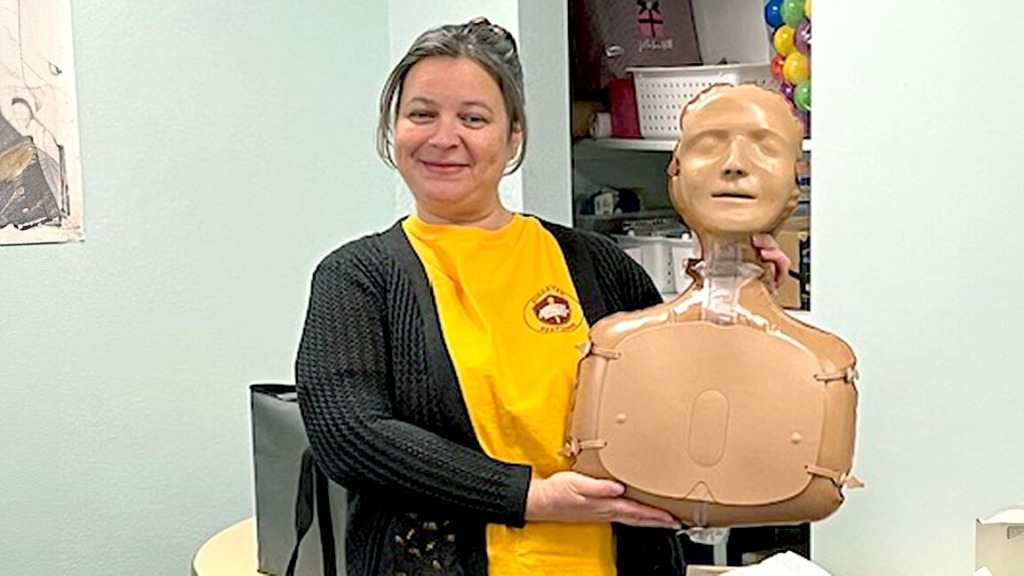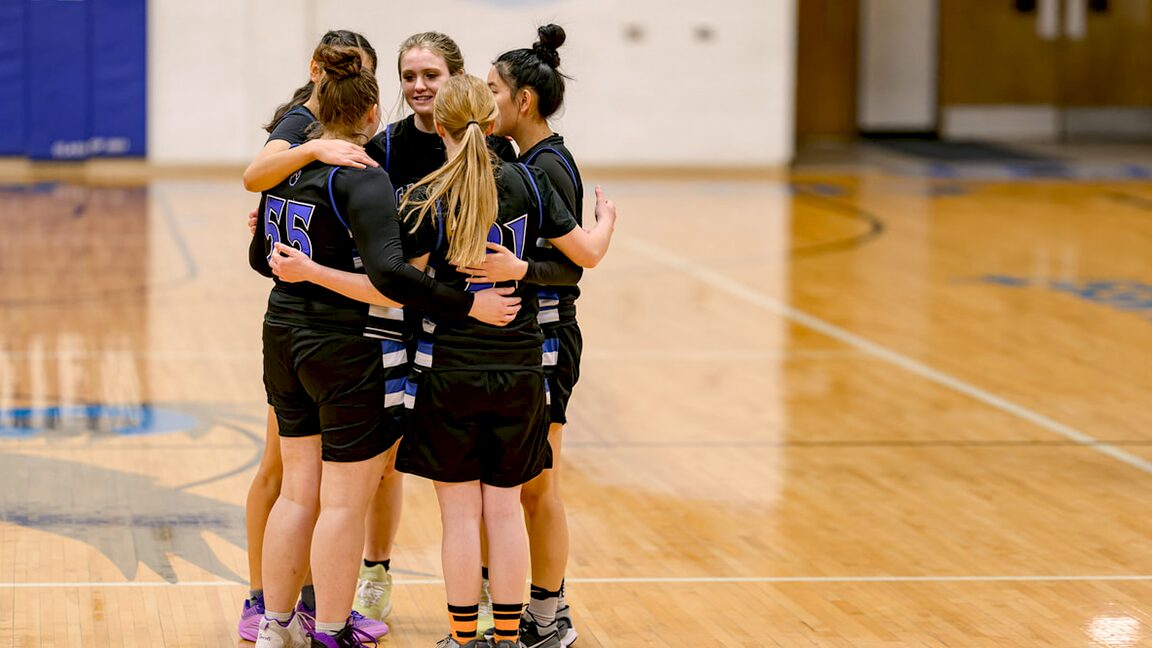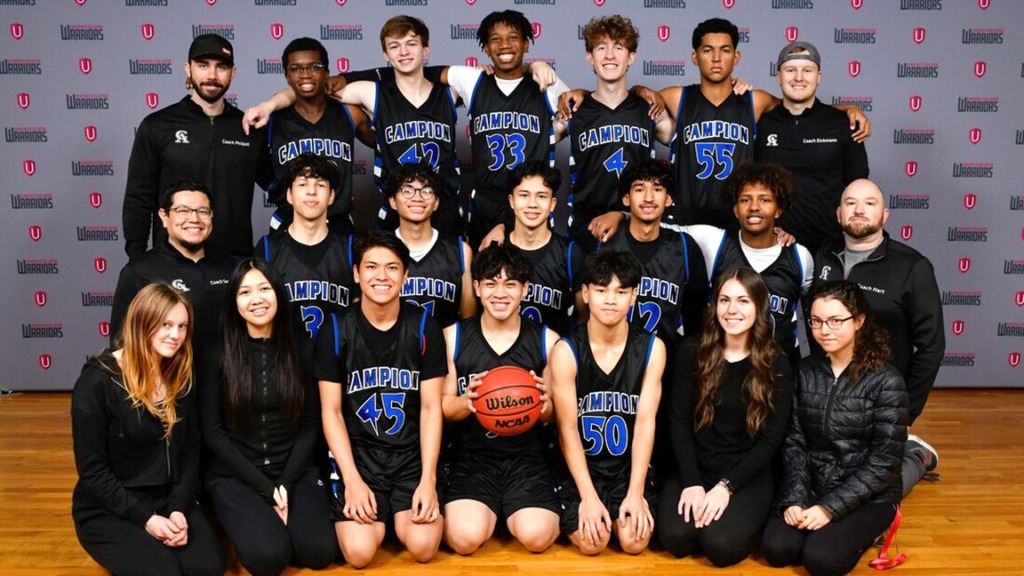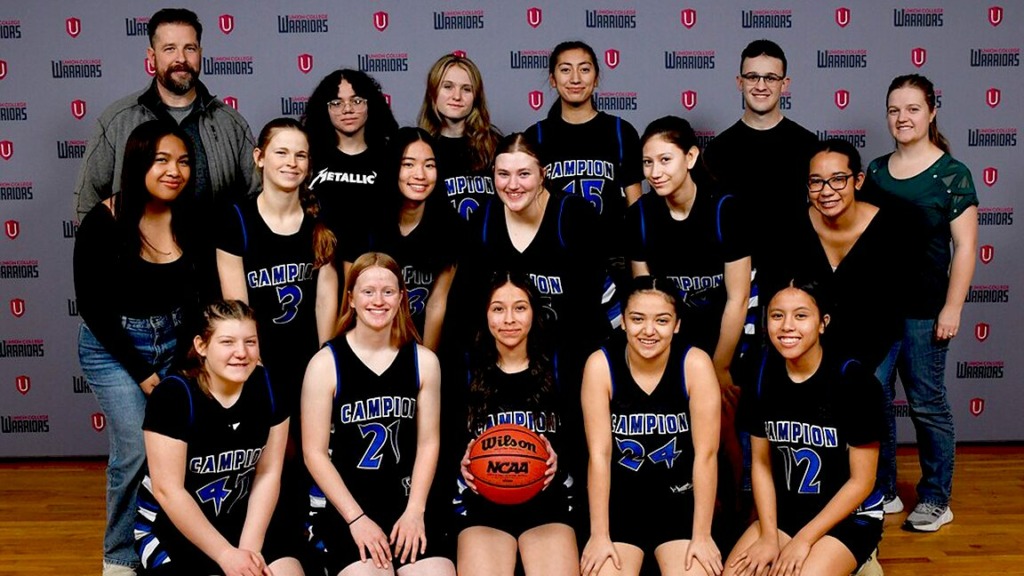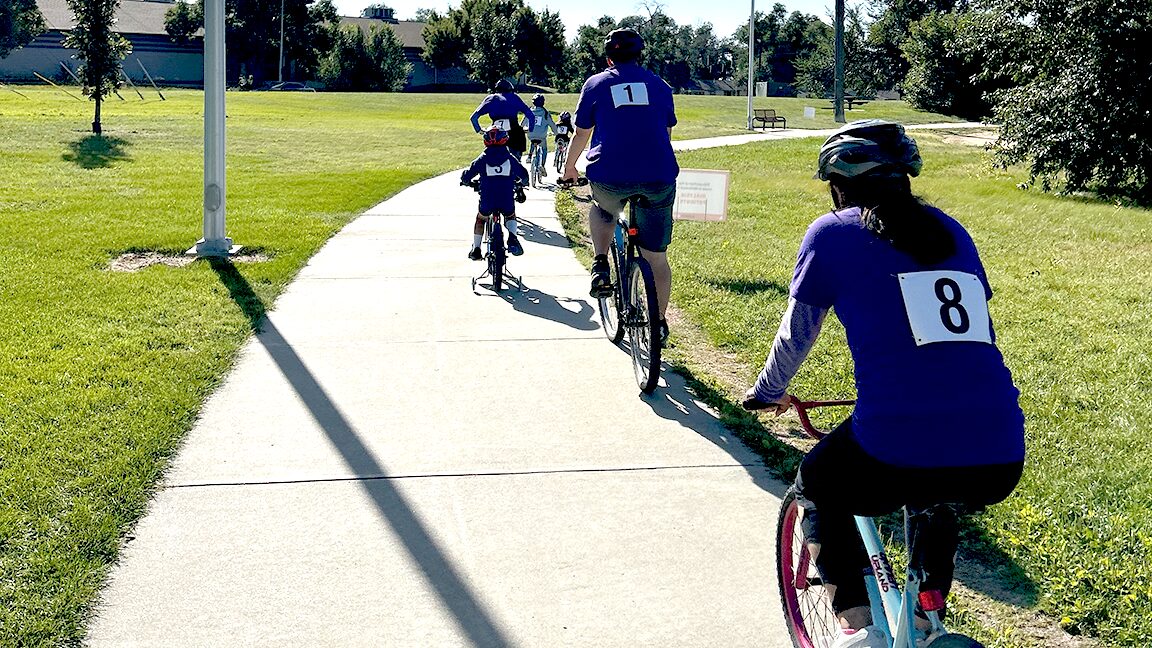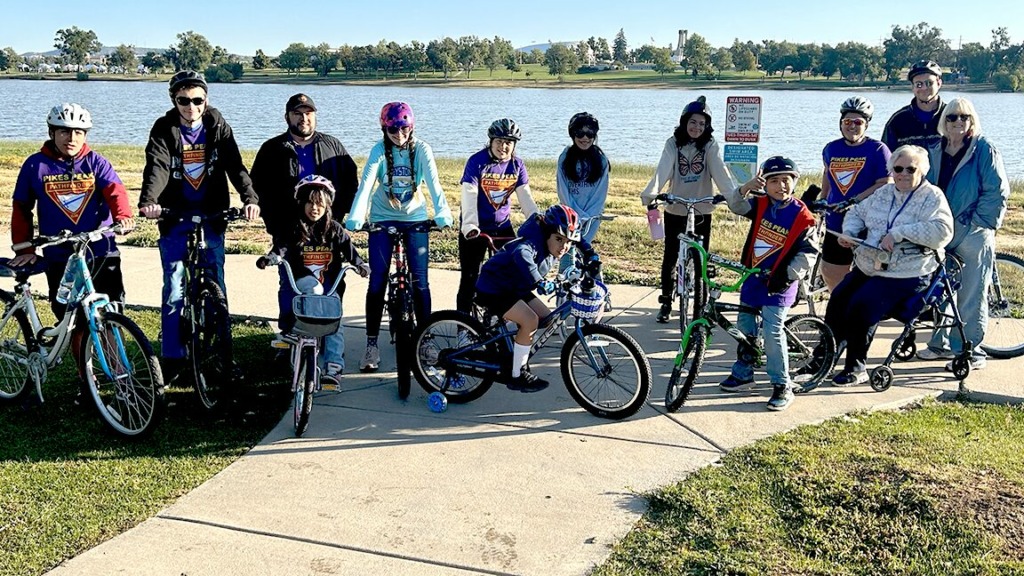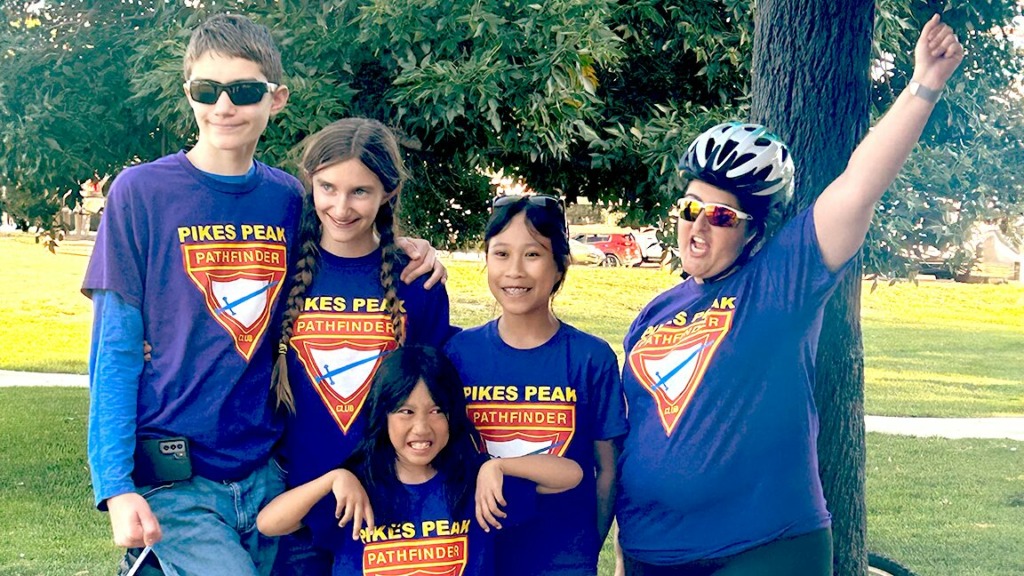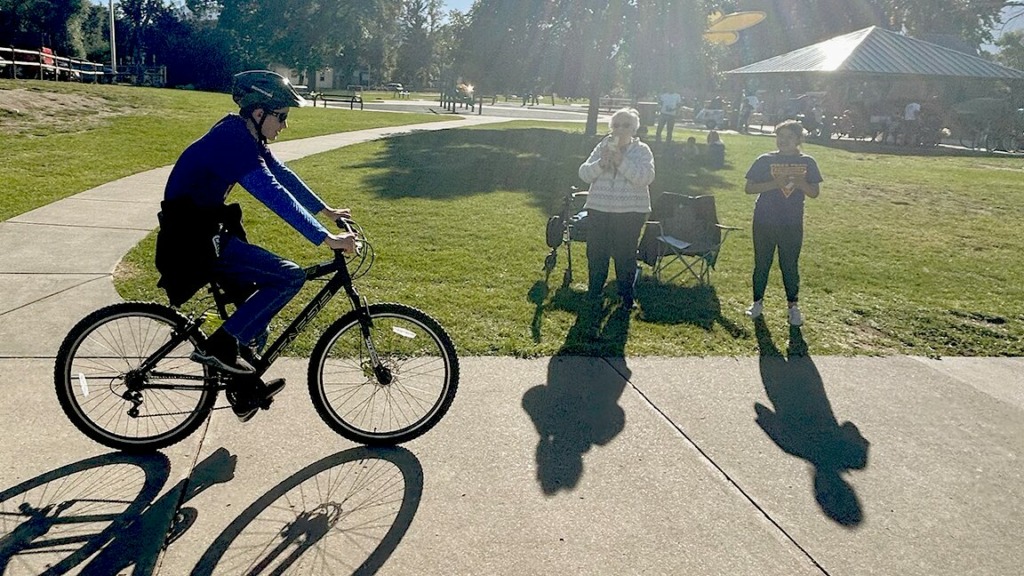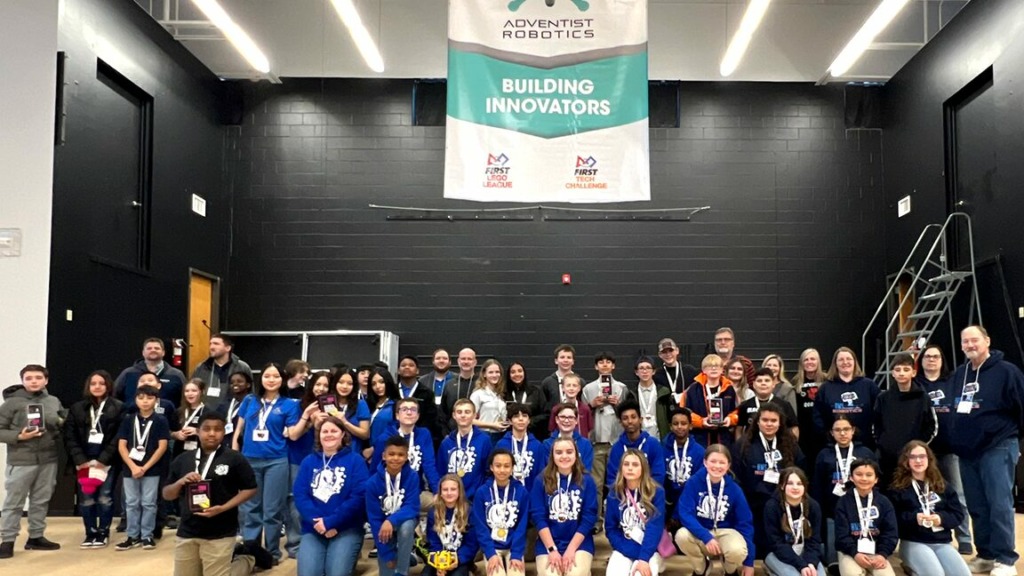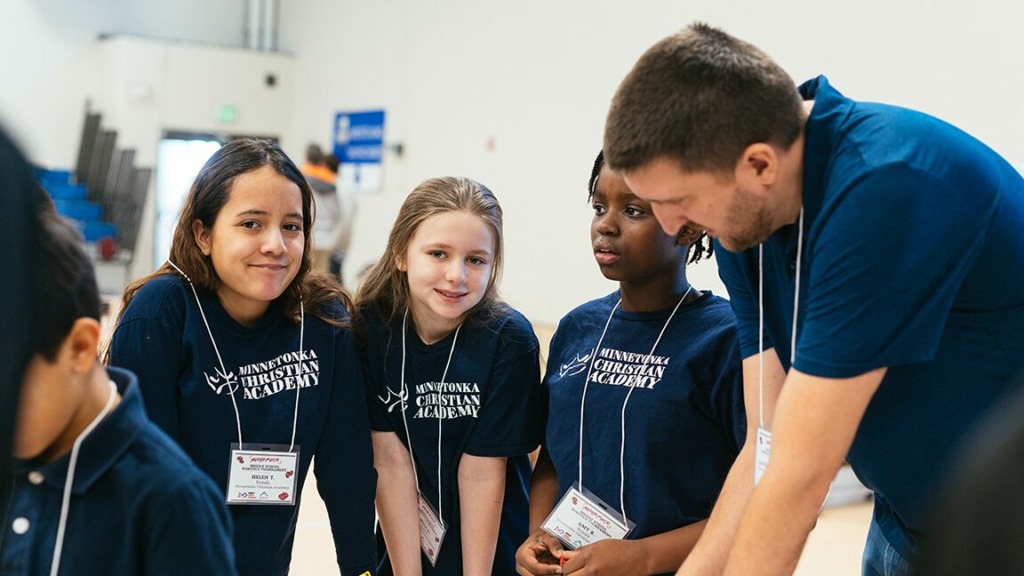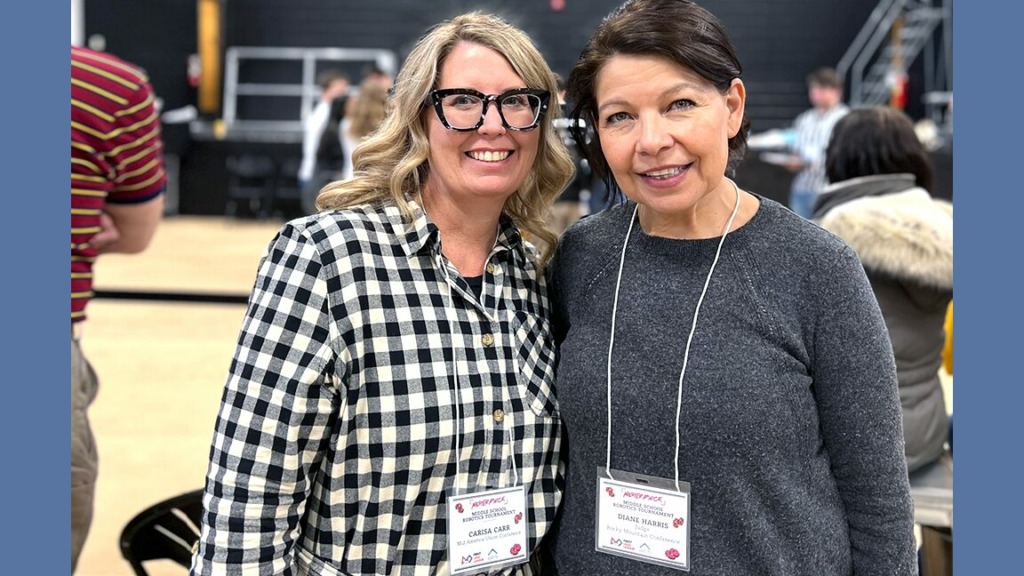Jill Harlow – Loveland, Colorado … After 40 years of dedicated service to Campion Academy, Donavan Reeder has announced his retirement. Reeder has served as Principal for the past nine years and, prior to that, worked as a Men’s Dean for 31 years in the residence hall. He steps down as the longest-standing employee at the Rocky Mountain Conference (RMC). As an integral part of Campion Academy for so many years, he leaves a legacy of commitment and spiritual leadership to be honored.
Mic Thurber, RMC president, remarked, “Don’s dedication and commitment have left a mark on Campion Academy, and we are profoundly grateful for the impact he has had on the lives of countless students, staff, and the entire Campion community.”
Reeder’s Campion roots run deep; he was born in Loveland, Colorado, while his parents both worked at Campion Academy. His family later moved to Salt Lake City, Utah, where he attended Salt Lake City Junior Academy. He attended Andrews University and then transferred to Walla Walla University where he graduated with a degree in Communication.
He met and married his wife Donna while at Walla Walla. Donna also had Colorado roots, growing up in Denver and graduating from Campion Academy in 1980. After college, the couple decided to move to Loveland. As Don had studied communications, he obtained his first job with a video production company in Loveland.
At the time, Thure Martinsen was the chaplain at Campion, and he had been Reeder’s principal at Salt Lake Junior Academy. Martinsen invited Reeder to play on Campion’s faculty football team. After the staff had gotten to know him on the field, he was asked to apply as the Assistant Men’s Dean, and he began officially working at Campion Academy in 1984.
After just two years of working as an Assistant Dean and teaching Speech and World of Work classes, he took on the position of Head Dean of Men in 1986.
Reeder excelled as a Head Dean, maintaining the position for 29 years. Reeder shared, “I had originally desired to be a youth pastor. I saw that I could preach to the youth, but they needed examples of the Christian life lived in the real world. By being a residence hall dean, I would be living with the students and, hopefully, be a daily witness to God’s working in our lives, just as Mark 3:14 tells us that Jesus lived with His disciples before He sent them out to preach.”
Before their daughter, Jessica, was born, Donna Reeder also worked at Campion Academy as an Assistant Girl’s Dean and in the cafeteria until finding her fit in the accounting department where she has continued to work for the past 25 years. Jessica (Reeder) Baker has followed in her parents’ passion for Adventist Education and currently works as a teacher at the Fort Collins Adventist School.
Reeder served as a Vice-Principal in addition to Head Dean under Principal Spencer Hannah. In 2015, Reeder was selected to become Principal at Campion Academy.
At the end of the 2015 school year, Campion Academy was struggling with low enrollment, with around 120 students. Reeder was given a goal to increase that to 150 in his first year as principal and Ed Barnett, then RMC president, even promised to shave his head if they reached that goal. In a memorable event, the goal was reached, and Barnett’s head lost its hair.
Barnett commented, “He was a great leader and soon we were getting our enrollment back up. The thing that impressed me the most with Don was the spirituality on the campus,” he added. Don was a friend that Barnett will always cherish. “What a blessing he had been for the Rocky Mountain Conference!” he added.
Reeder is well-known for keeping the mission and spiritual development of Campion Academy students at the forefront. As principal, he made the mission of Campion Academy clear, saying, “I wanted the students to be trained to go into the world with the message of Jesus.”
Under his leadership, Reeder expanded the Spiritual Life Committee to include the church pastors and HMS Richards principal which began to meet weekly. He also made sure Wednesday evenings were dedicated to spiritual programming (Fusion) to give more emphasis on spiritual development and training.
Other accomplishments included: creating security ID cards for secure entry to the Ad Building; creating new signage throughout campus and in the Ad building; adding a communication director; formalizing the international student program with Dean Helm; adding the Cougar statue to campus with the Stenbakkens and Bob McConnell; and creating the endowments for Student Legacy and Capital Improvements.
In 2019, Reeder’s dedicated service to the ministry of Adventist Education was formally recognized when he was ordained by the Rocky Mountain Conference.
Reeder led Campion Academy through the challenging years of the COVID pandemic, leading with a balanced approach; keeping Campion Academy open for in-person instruction while instituting strong policies to prioritize health and safety.
Among Don Reeder’s friends is the conference’s former Education Superintendent, Lonnie Hetterle, who has been acquainted with Reeder for nearly 30 years. He recollects that, “during that long span of time I have had the opportunity to observe and to work with him in a wide variety of circumstances and situations when he was a boy’s dean, a teacher, an academy principal and as a fellow follower of Jesus Christ. Faithfulness and consistency are two words that clearly describe Mr. Reeder.”
“His desire to rightly represent his Savior has fully influenced all of his decisions. As a new principal he always was willing and, in fact, eager to take counsel and made every effort possible to arrive at the correct and best decision for each situation. His desire to be the very best leader he could be continued throughout his career. He did his best to look at every scenario from the student’s perspective, from the staff viewpoint, and from the school’s perspective but always with a redemptive mindset.” According to Hetterle, Reeder set the standard for “servant-leadership.”
“His willingness to listen, to encourage, and to lead with compassion was always present. He was an excellent example of professional leadership. I never saw a time when Don’s ego affected his decision making and I also am unaware of any decision he made without spending time in prayer and listening intently for leading from the Holy Spirit. Don loves his God, his church, his school, and his family deeply. Campion is certainly what it is today in a large part due the influence of Don Reeder,” Hetterle added.
Diane Harris, RMC Superintendent of Education, commented, “as Don steps into this well-deserved retirement, we can reflect on the incredible journey that he has had at Campion Academy. His compassionate spirit has created an environment where students not only learned academically but grew spiritually, and Don’s impact on the Campion Community will be cherished for generations to come.”
In retirement, as during his career, Reeder is turning to God for direction: “I am watching where God is leading for me to serve Him,” he shared. “I would like to camp more, golf more, and visit family and friends more.”
—Jill Harlow is Campion Academy’s communication director. Photos supplied.
